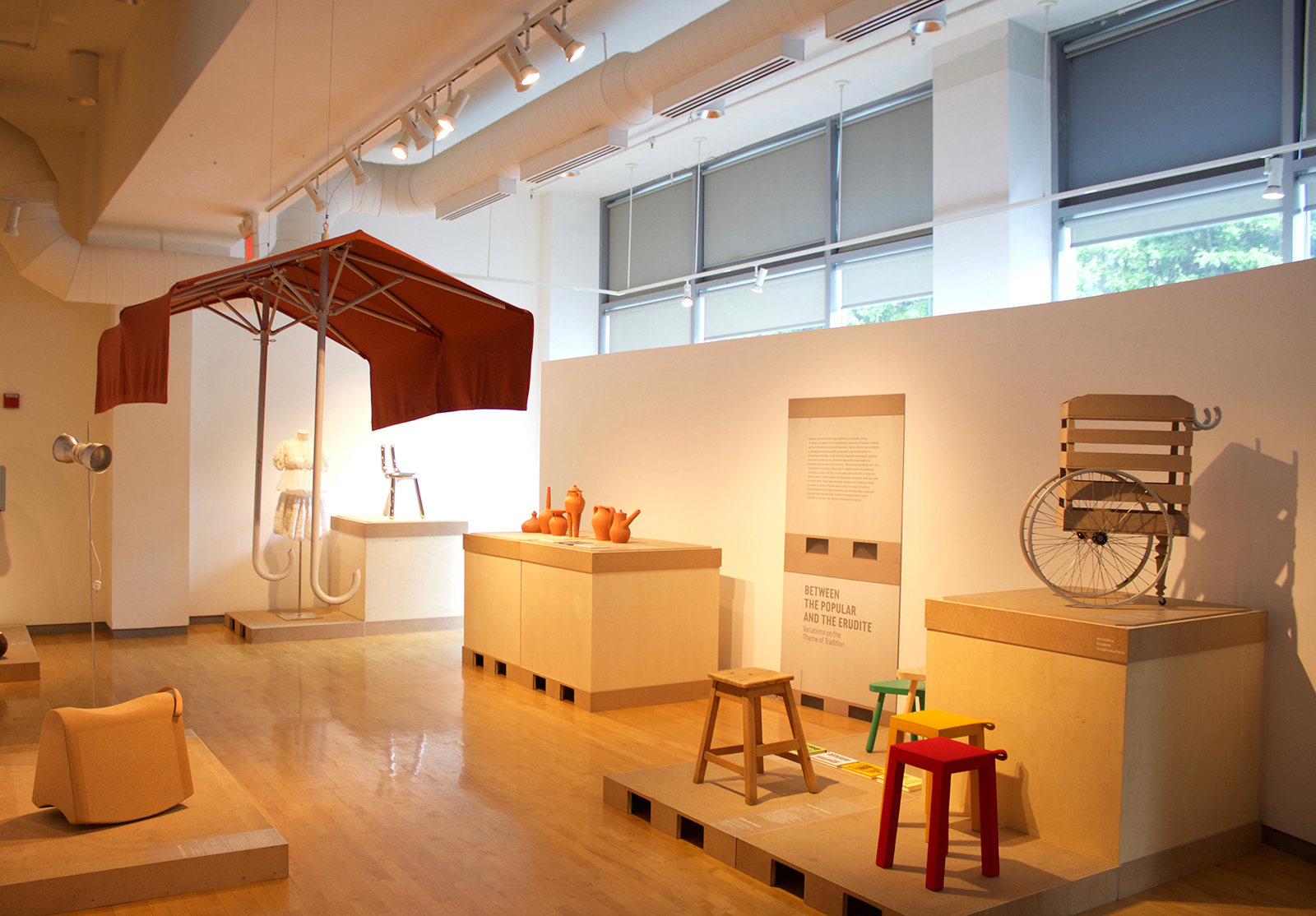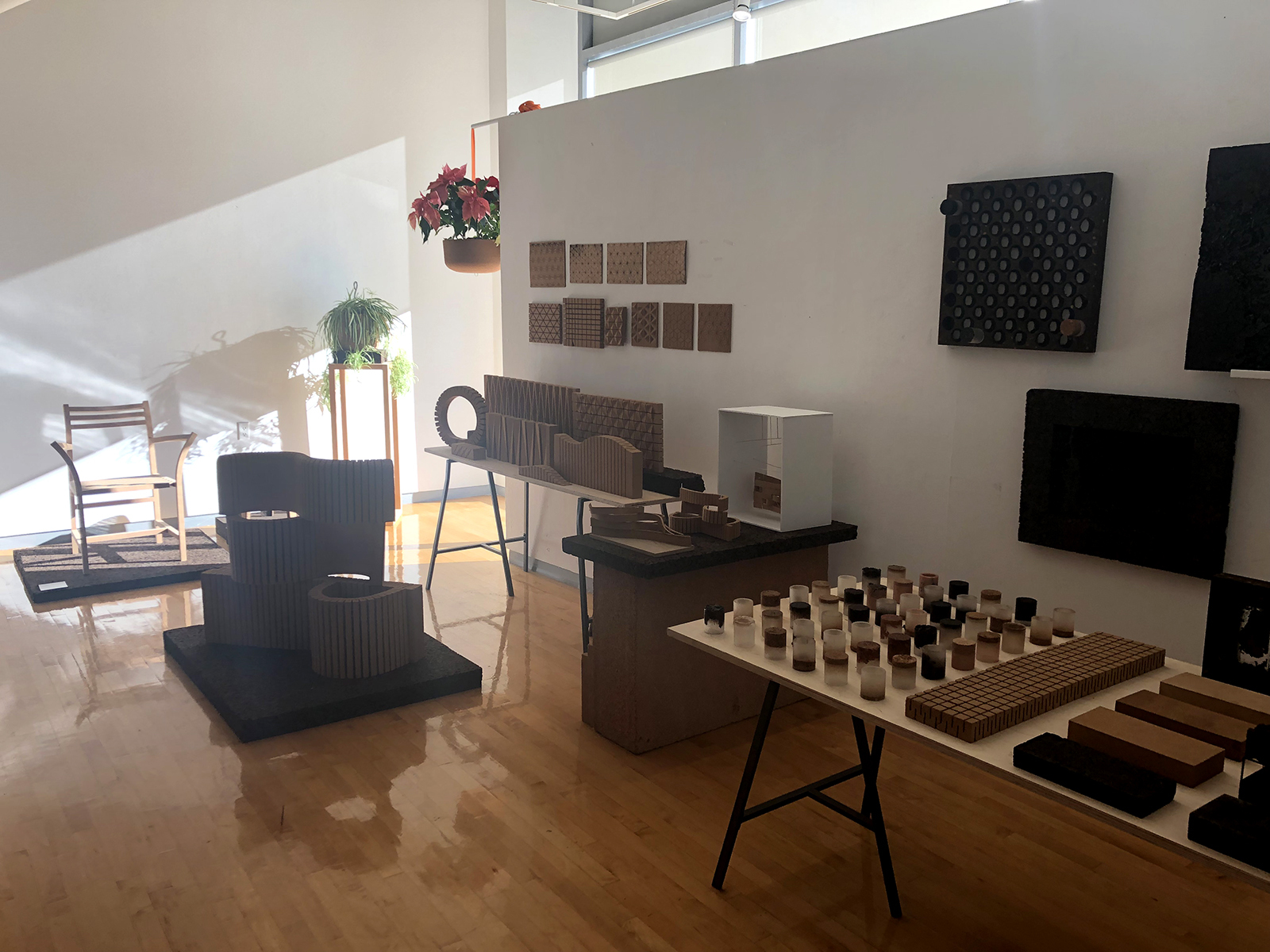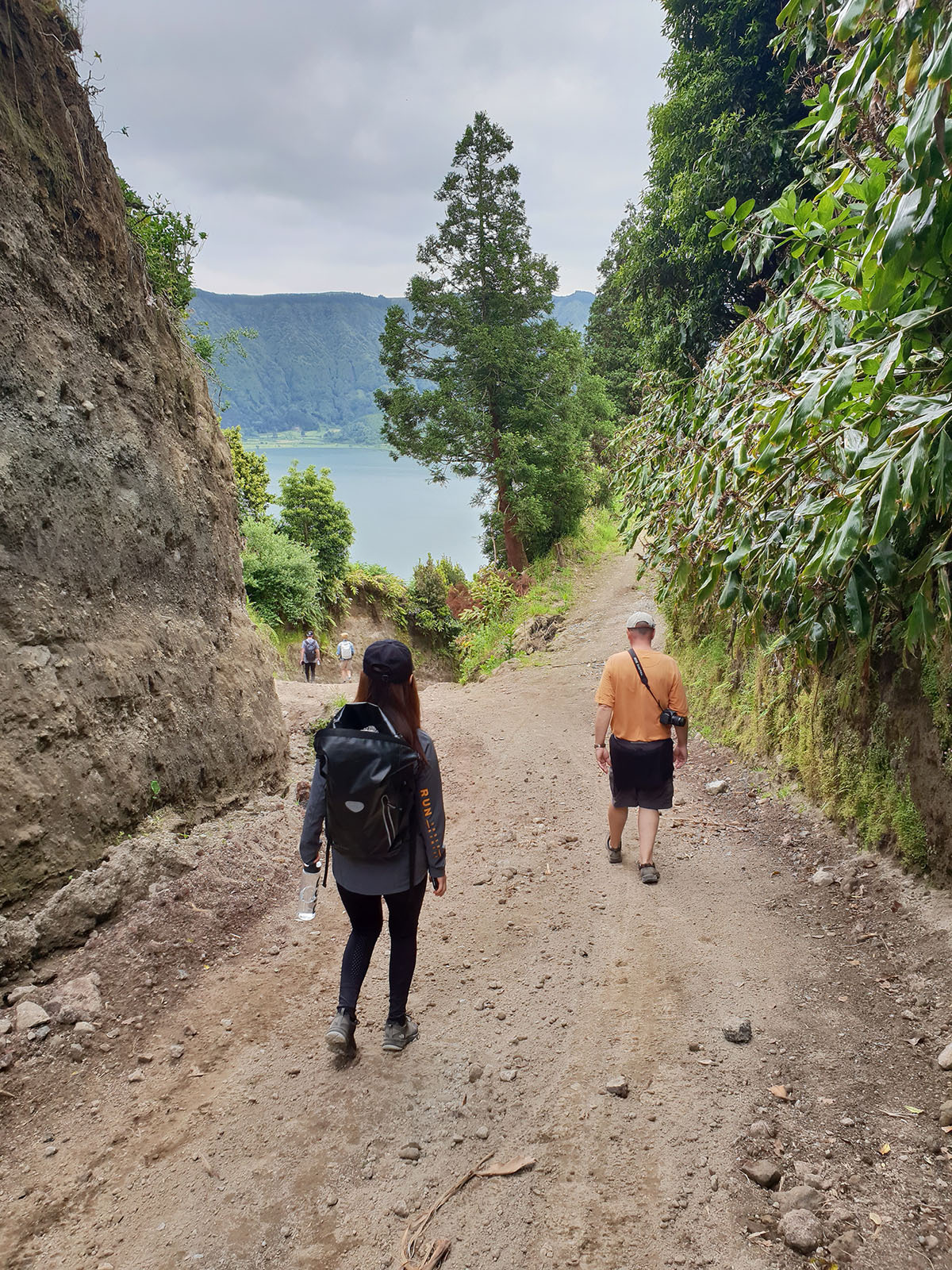Initiative focused on softwoods and cork in the context of Portugal
Rhode Island School of Design (RISD) is delighted to announce a multi-year initiative focused on the research and study of softwoods and cork in the context of Portugal.
Resources and Places: Design in the biosphere and cultural heritage of Portugal is enabled in part through a year-long pilot collaboration between RISD, the Luso-American Development Foundation (FLAD), and FLAD’s Study Abroad in Portugal Network (SiPN), among others, and with materials support from Corticeira Amorim.
Through this program, RISD faculty and students will engage in a series of reciprocal academic exchanges with an extensive network of academic, governmental, and non-governmental organizations across Portugal.
The initiative encompasses collaborative studio- and liberal arts-based inquiries designed to engage RISD faculty and students in innovative approaches to applying material resources indigenous to Portugal across diverse industry sectors. In its initial year, RISD’s departments of Architecture, Furniture Design, Industrial Design and Interior Architecture, along with the Division of Liberal Arts, will develop a longer-term approach to these investigations through a series of studios and courses on campus, travel courses to Portugal, and by welcoming artists, scholars and designers from Portugal to Providence, a city that is home to vibrant Portuguese and Portuguese-speaking communities.
The benefits of this program include an increase in exchange among artists, designers, architects, scholars and industries in Portugal and the US; intensive materials investigations focused on innovation and new applications; and a deeper awareness of Portugal’s softwood resources and potential role as a site for the study of sustainable solutions for the built environment.
Within the context of this initiative and June’s Month of Portugal Celebrations 2018, RISD is partnering with MUDE – Museum of Design and Fashion, Francisco Capelo Collection, and the Embassy of Portugal in the US to host the exhibition How do we pronounce design in Portuguese? 2000–18, curated by Bárbara Coutinho. The exhibition—which originated at MUDE and traveled to Beijing, Madrid and Chaux-de-fonds—will be on view at RISD’s Sol Koffler Gallery (169 Weybosset Street, Providence) from June 6–August 3, 2018. The exhibition opening is June 6 at 5 pm and will be open each week from Wednesday through Sunday from 12–5pm. This iteration of the show will explore what it means to be Portuguese in terms of contemporary material culture and the global market, and the extent to which the development of national production is influenced by our cultural matrix. Focusing on cork, wood, glass, crystal, porcelain and textiles, the exhibition will be divided into three sections: Predominance of Form over Ornament, Practical Intelligence and Sensibility to Materials, and Between the Popular and the Erudite.
The selection of objects on view focuses on Portugal’s younger designers whose work is created via various collaborative processes. It sheds light on the many ways designers are using traditional materials, techniques and manufacturing processes in the realms of furniture, fashion, accessories, decorative objects and jewelry, paying particular attention to their economic, environmental and social sustainability. The intention is to show how their work reflects on design and our relationship with objects.
*Opened to the public in 2009 in the historic center of Lisbon, MUDE is dedicated to all expressions of design. Currently the museum building is closed for renovations, but exhibitions and other cultural initiatives are being developed in other areas of the city under the name MUDE OUTSIDE. Follow us at www.mude.pt, Facebook and Instagram.
How do we pronounce design in Portuguese? 2000–18
RISD is partnering with MUDE – Museum of Design and Fashion, Francisco Capelo Collection, and the Embassy of Portugal in the US to host the exhibition How do we pronounce design in Portuguese? 2000–18, curated by Bárbara Coutinho.
View details


